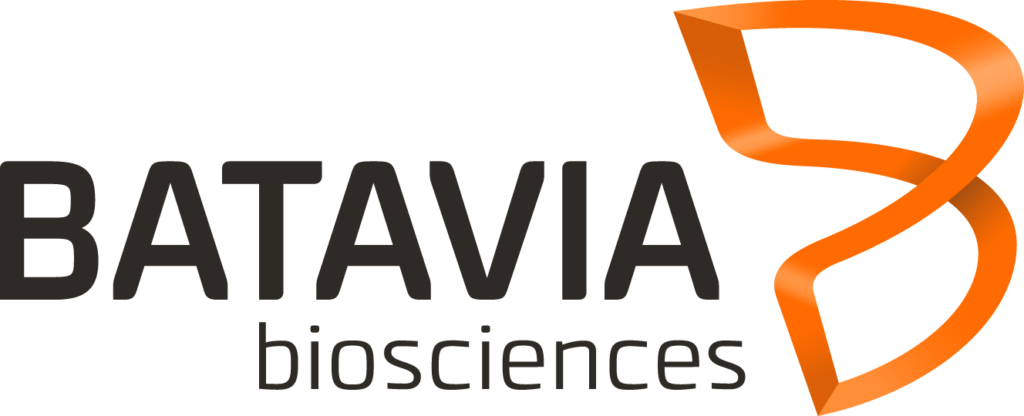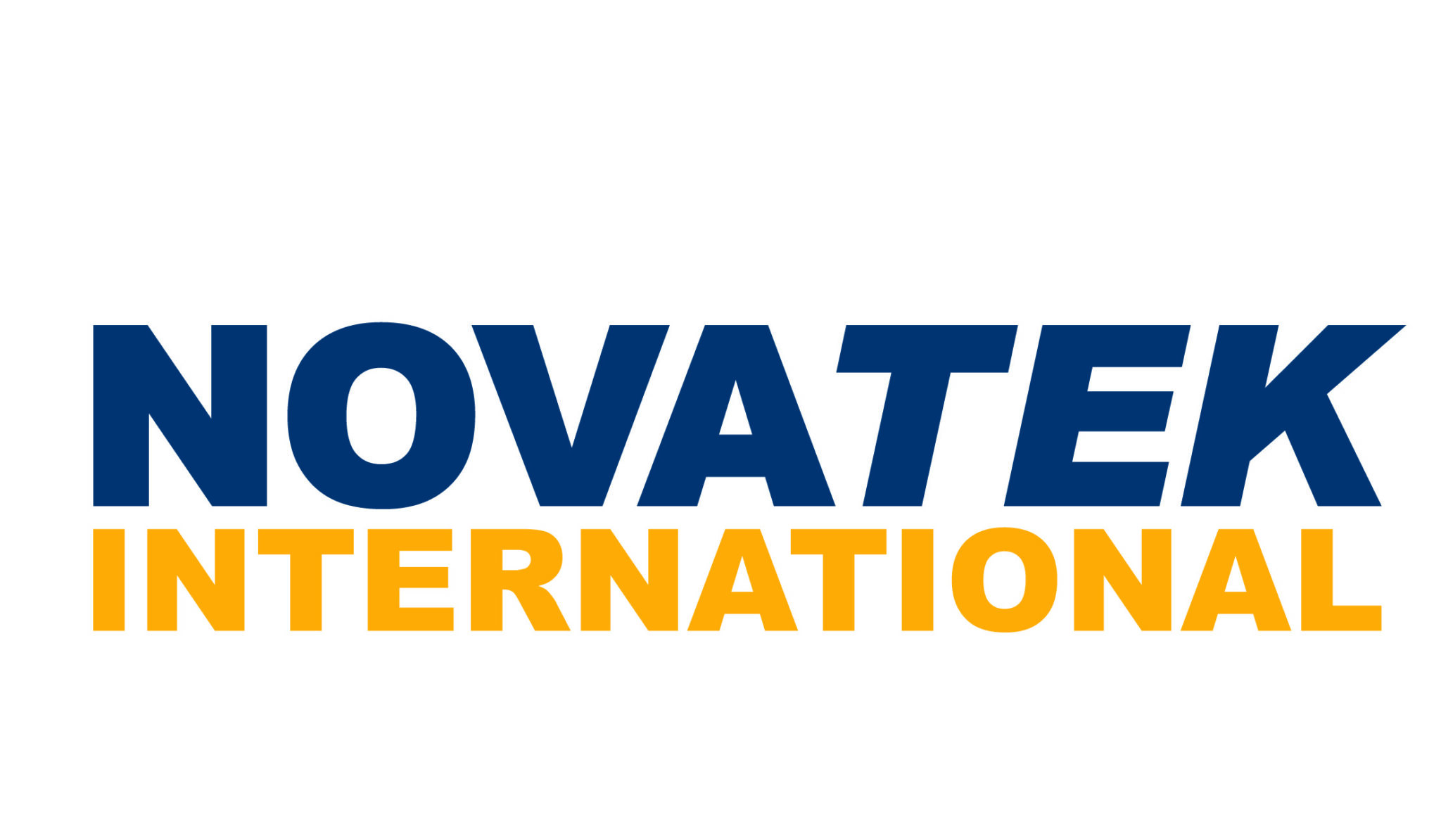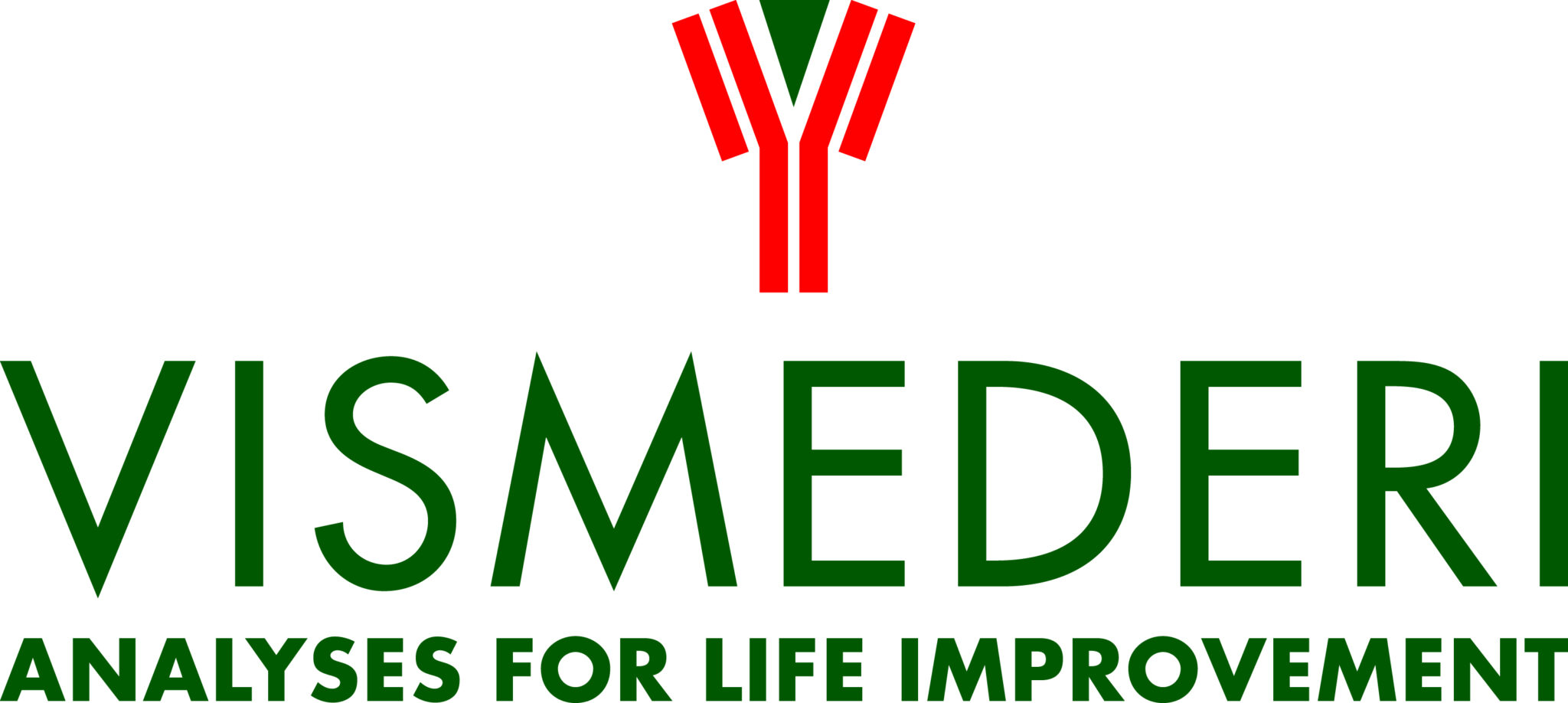Background
The DCVMN Initiative 6 refers to the increase and strengthening of pharmacovigilance (PV) capacities of DCVMN member companies to enhance vaccine safety surveillance to implement a high standard mature “fit for purpose” PV System using best practices to comply with international and supranational expectations.
Objectives
The purpose of the vaccine pharmacovigilance working group is:
1. To identify the needs for strengthening and improving pharmacovigilance systems for vaccine manufacturers in developing countries
2. To equip DCVMN member companies with up-to date knowledge to implement best practices
3. To provide formal training according to Good Pharmacovigilance Practices (GVP), aligned with requirements of National Regulatory Authorities and WHO as applicable.
4. Proactively identify and respond to potential safety issues, including resource implications.
Authority
DCVMN members act on a voluntary basis and need to declare any conflict of interest they may have regarding any work undertaken. The DCVMN Board will have the authority of determining the usefulness of any work undertaken and approving its dissemination.
Composition
A group of around 10 participants from member companies is considered optimal for effective group functioning, including to the extent possible, participants from all the main regions (Africa, Asia, Latin America) and from both state and private companies, to ensure a wide as possible representation and input of views and experience. Group structure will be informal with a Chair and Co-Chair nominated by the designated working group members. DCVMN may opt to arrange for a facilitator to help run the group meetings, if needed.
The minimal quorum for the WG meetings is 60%.
Criteria for participation in the expert group
Participant should be a formal employee of a DCVMN member company and actively engaged in Pharmacovigilance. Participant must be qualified and have at least 5 years of experience in pharmacovigilance. Others may be involved in specific regional initiatives. Each participant is expected to participate at least in 80% of the meetings scheduled and dedicate some of his/her time to work in the group.
Duties and responsibilities
- Each participant will act in representing the corporate member and best contribute to the specific agenda. This will include reviewing specific topics being addressed and, if relevant, adding specific analysis of the country situation in which the manufacturer is located.
- Participants will be expected to discuss topics with colleagues to enhance the breadth of analyses undertaken.
- Participants whose employment situation changes and can no longer serve on the group will inform CEO- DCVMN to allow another participant to be identified.
- The Chair and Co-Chair will be responsible, in collaboration with the facilitator, for drafting the WG workplan, preparing the agenda, chairing meetings or teleconferences and providing guidance and continuity to the discussions, ensuring decisions are taken by majority.
Operations
A work plan will be agreed upon, including the specific topics to be covered with timelines, Responsibility Center (RC) and deliverables. Group meetings will largely take place through remote communication (telephone calls, Zoom, and email), but also face-to-face meetings. Any WG meeting will have a specific set of topics for discussion and a required quorum ensuring a collaborative and balanced approach. Discussions will aim for consensus but also note any specific regional or manufacturer set-up differences may exist and be respected and recorded. Minutes of the meetings will be taken for records and sent to all WG members with cc. to CEO DCVMN within one week following the meeting.
Pharmacovigilance Working Group List of participants (as of 31st January, 2023)
| Name Surname | Company | Country | |
|---|---|---|---|
| P. Mouta- Chair | Bio-Manguinhos Fiocruz | Brazil | |
| V. Indriani – Co-chair | PT Biofarma | Indonesia | |
| V. Yerroju | Biological E | India | |
| B. Lucchesi | Instituto Butantan | Brazil | |
| Z. Shuyan | CNBG | China | |
| C. Bhamare | Serum Institute of India, Ltd | India | |
| A. Diagne | Institut Pasteur de Dakar | Senegal | |
| A. Loch | Instituto Butantan | Brazil | |
| D. Patel | Zydus | India | |
| K. Hartmann | Expert Consultant | Switzerland | |
| V. Sharma | PATH Expert | USA |
- April 4th, 2024
- February 21, 2024
- February 15-16, 2024 JWG
- January 25th, 2024
- December 14th, 2023
- October 20th-21st, 2023 (Workshop)
- September 5, 2023
- August 28, 2023
- April 26, 2023
- April 11, 2023
- February 16-17, 2023
- November 18, 2022
- June 6-7, 2022
- April 29, 2022
- February 25, 2022
- December 8, 2021
- May 20, 2021
- April 6, 2021
- March 2, 2021
- February 2, 2021
- December 16, 2020
- November 12, 2020
- September 9, 2020
- December 1, 2019
The content is restricted. Please log in to access the meeting minutes.
PV Audit Checklist (PDF file)
PV SOP Master list with explanations (PDF file)
E-workshop on Vaccine Safety monitoring and Pharmacovigilance tools (March 16-18, 2020)
DCVMN/PATH Pharmacovigilance e-Workshops
- 1st DCVMN/PATH Pharmacovigilance e-Workshop (March 15-16 2021)
- 2nd DCVMN/PATH Pharmacovigilance e-Workshop (April 15 2021)
- 3rd DCVMN/PATH Pharmacovigilance e-Workshop (May 12-13 2021)
- 4rd DCVMN/PATH Pharmacovigilance e-Workshop (June 16 2021)
- 5th DCVMN/PATH Pharmacovigilance e-Workshop (July 14-15 2021)
- 6th DCVMN/PATH Pharmacovigilance e-Workshop (August 17-18 2021)
- 7th DCVMN/PATH Pharmacovigilance e-Workshop (September 16 2021)
- 8th DCVMN/PATH Pharmacovigilance e-Workshop (October 13 – 14 2021)
- 9th DCVMN/PATH Pharmacovigilance e-Workshop (November 16 2021)
The content is restricted. Please log in to access it.
Risk Management Planning – Regulatory & Pharmacovigilance joint project
Encouraged by inspiring discussions and achievements of 2020, such as the CRP implementation, the DCVMN Best Practice Working Groups on Regulatory and Pharmacovigilance shaped a joint project aimed at assisting manufacturers in learning how to prepare a robust Risk Management Plan (RMP) for a vaccine of their choice, for which they wish to achieve registration and WHO prequalification. The objective of this project is to strengthen the knowledge and capabilities of vaccine manufacturers in developing risk management plans to be submitted in parallel with Common Technical Dossiers, in order to meet the ICH E2E and EMA GVP Module V requirements.[15] RMPs are a regulatory requirement and are particularly important in the case of novel vaccines (targeting new diseases or produced using novel production platforms) with no or limited post-marketing data, such as the COVID-19 vaccines.
The project was launched in May 2021, focusing on and limited to the development of a RMP for the monitoring of safety and effectiveness of any vaccine. The project involved an active learning process (learn-by-doing), whereby learners engaged in a series of five Q&A workshops: analysis, development, revision, synthesis, and evaluation of their own plans. Eleven member companies expressed interest, ten voluntarily engaged in the Q&A workshop series with senior expert professionals, and nine RMPs were drafted and reviewed by the experts for comments on improvements, while respecting confidentiality. This project enabled DCVMN member companies to voluntarily established a multidisciplinary team for risk management (safety and efficacy of vaccines) to draft a RMP that met, in principle, international standards.










